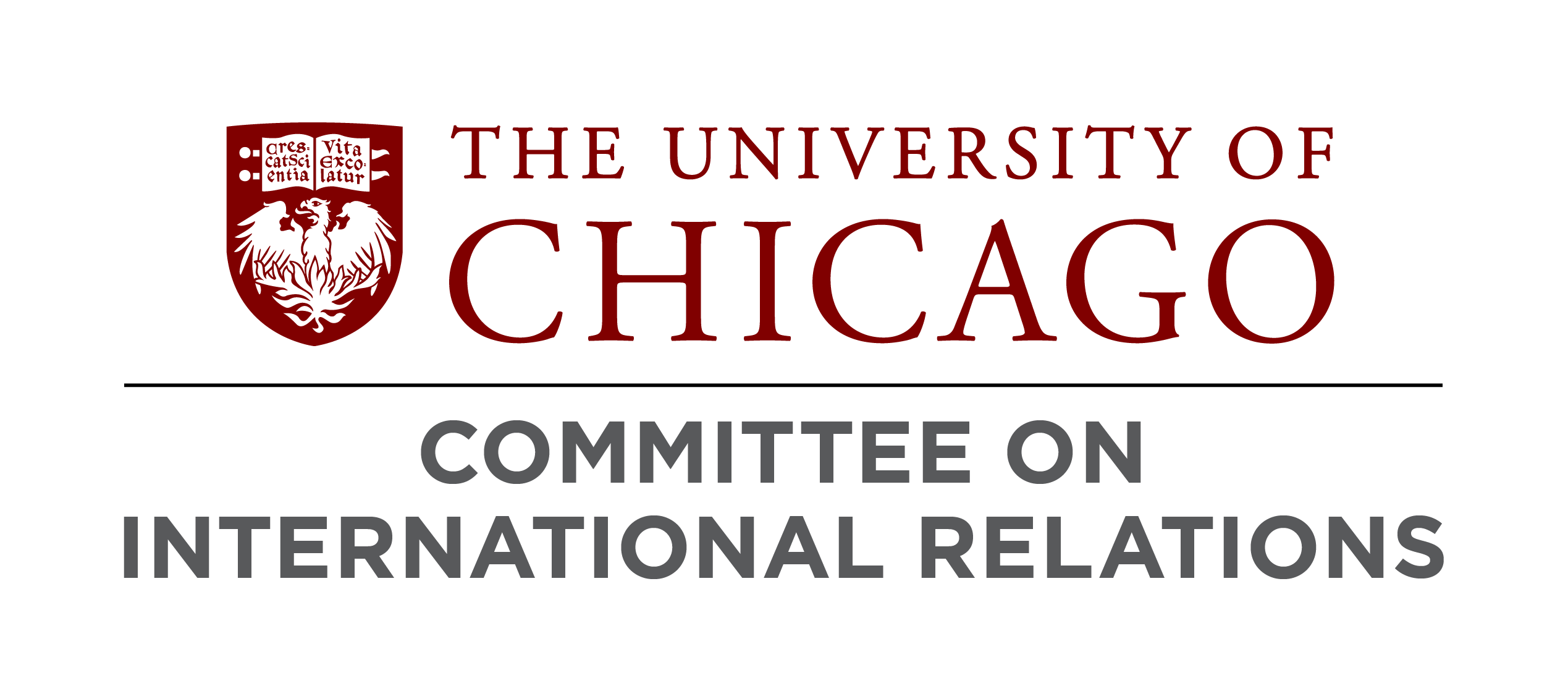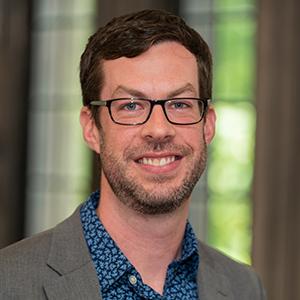Message from the Chair
The Committee on International Relations at the University of Chicago is the nation's oldest graduate program in international affairs. It combines intellectual diversity, analytical rigor, and global reach.
CIR’s one-year Masters program is focused above all on research experience and skills, capped by an MA thesis that develops the ability to do independent research over a long period of time and to develop deep expertise in a topic. The sharp analytical and critical skills the program fosters provide excellent preparation for students. CIR has a remarkable track record both in placing students into the world’s best doctoral programs and in sending them on to professional success in government, NGO’s, and the private sector.
Part of CIR’s success is due to its broad, longstanding, and committed alumni network. The program offers opportunities to develop distinctive research skills, dedicated assistance with PhD admissions, funded internships, and the resources of one of the world’s premier universities help CIR students thrive in a variety of careers. We also offer fully funded international and domestic travel opportunities for a select group of CIR students, including the CIR Asian International Relations Seminar in Taiwan and the career exploration trek in Washington DC.
One distinctive way CIR accomplishes these outcomes is by being unusually small, with cohorts of around 75 students. This allows us to offer seminar-style classes, close advising from preceptors and faculty thesis advisors, and a supportive cohort. There are very few large lecture classes and therefore many opportunities to directly engage with faculty who are leaders in their fields.
CIR is also flexible: while there are required core seminars and an MA thesis workshop, students can pursue focused programs of study across the social sciences. This allows CIR students to combine exploration and specialization in an unusual way. A second-year specialization for a small number of students provides even deeper research opportunities.
Students participate in interdisciplinary workshops and seminars around the university – like the Workshop in International Politics and Comparative Politics Workshop – that show them how research is created, revised, and critiqued. The University offers an extraordinary range of institutes, centers, and programs for students interested in international affairs. CIR students take advantage of a university that continues to pioneer the integration of social science with global engagement.
Summer funding is available for field research and internships that deepen students’ skills and broaden their experiences. In past years, CIR has taken a group of students to New Delhi to meet with scholars, policymakers, journalists, and students. In 2023 and 2024, a CIR group went to Taiwan over spring break to learn about the crucial political and economic questions facing East Asia today. CIR has also started a DC Career Trek, which brings students to Washington to meet with CIR alum in positions across government and the think tank ecosystem.
All of this happens in one intense year, culminating in the MA thesis. CIR develops students’ ability to do independent research over a long period of time and to develop deep expertise in a topic. Each year, one thesis is awarded the Morton A. Kaplan Award, which recognizes the best thesis. Previous Kaplan prize winners are now researchers at prestigious institutions, journalists, and other thought leaders.
While embedded in research and scholarship, CIR is equally deeply committed to personal and professional development, with multiple layers of career services on campus and high levels of success after CIR. Graduates pursue careers as diverse as strategy consulting, academia, marketing research, and think tank research. The University of Chicago provides various venues for direct access to real world practitioners, such as through the Institute of Politics , Pearson Global Forum , and UChicagoGRAD .
CIR graduates leave UChicago with research expertise that serves them well over the course of their careers: they learn to think about difficult problems in nuanced ways and to apply rigorous methods to understanding them. These are skills that last a lifetime.
Finally, Chicago is a global city, home to think tanks like the Chicago Council on Global Affairs , numerous universities, the headquarters of major corporations, and world-class cultural institutions. Whether enjoying the gorgeous Lake Michigan lakefront, exploring a dizzying array of cuisines, or learning about Chicago’s stunning architecture and complex history, CIR students live in a unique, livable urban center.
If this vibrant intellectual environment and international presence that distinguish the University of Chicago are attractive to you, I invite you to explore the possibilities the Committee on International Relations has to offer.
Sincerely,
Austin Carson
Chair, Committee on International Relations and Associate Professor, Department of Political Science
 THE UNIVERSITY OF CHICAGO
THE UNIVERSITY OF CHICAGO


